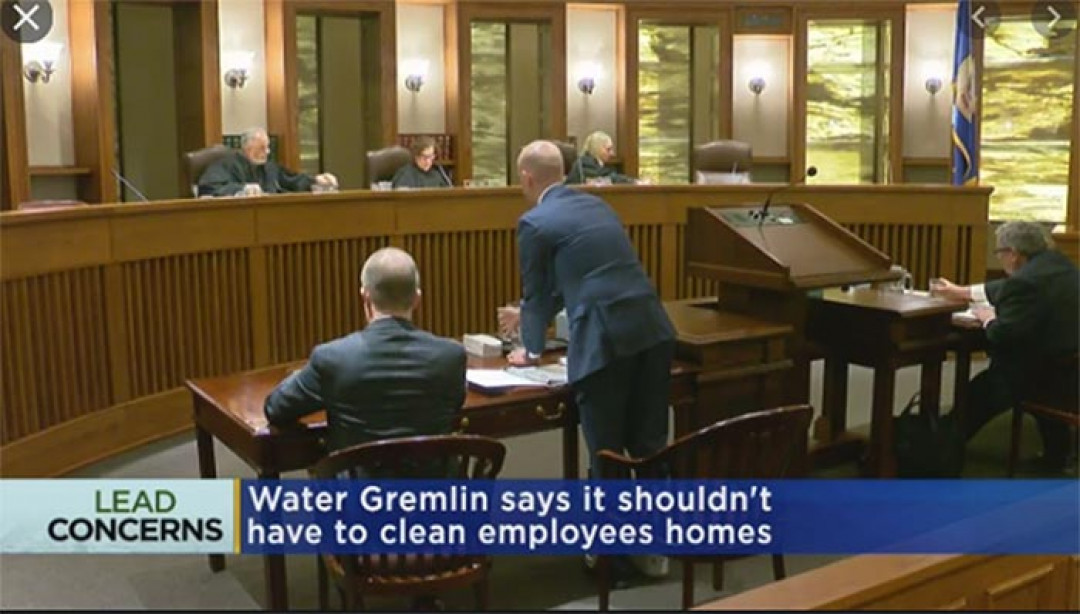A new ruling from the Minnesota Court of Appeals provides insight into the scope of the state's ability to regulate "public health nuisances" under Minnesota Statutes § 145.075. The case is Leppink v. Water Gremlin Co., __ N.W.2d __, A19-1975 (Minn. App. June 1, 2020). The defendant, Water Gremlin, manufactures lead fishing sinkers and battery terminals.
Recently Water Gremlin faced scrutiny from state environmental regulators regarding unpermitted trichloroethylene (TCE) air emissions from its plant in White Bear Township, Minnesota. Residents within a one-mile radius of the plant may have been subjected to TCE emissions over a period of 18 months which caused grave concern in the community.
In March 2019 Water Gremlin paid a civil penalty of $4.5 million to the MPCA, committed $1 million to air quality monitoring and $1.5 million in environmental projects including the planting of 1,500 trees. The $7 million settlement is one of the largest ever paid by a business for environmental violations. Information from the MPCA about Water Gremlin case can be found at: https://www.pca.state.mn.us/air/water-gremlin
Citizens and their elected representatives pushed Minnesota agencies to complete an exhaustive review of all aspects of the environmental, health and safety impacts of Water Gremlin's operations. One of the concerns that was identified was lead dust which is generated in manufacturing operations. Employees who are exposed to lead in the workplace and do not go through a decontamination procedure can track lead dust to their vehicles and homes. Other family members may be exposed to workplace related lead dust. For more information and background related to State actions taken to regulate Water Gremlin please see: https://minnesota.cbslocal.com/tag/water-gremlin/
Background
The case arose from the discovery that some children of current and former Water Gremlin employees were showing elevated levels of lead in their blood. Following an investigation into the cause of the lead exposure, the commissioners of the Minnesota Department of Health (MDH) and the Minnesota Department of Labor and Industry (DLI) filed a complaint and motion for temporary injunction against Water Gremlin in Ramsey County district court.
The complaint alleged that high concentrations of lead were found in the employees' cars and portions of their homes, including entryways and closets. Investigators concluded that the high lead concentrations were because of "take-home" lead dust from operations at the Water Gremlin plant and traced the elevated lead levels in the blood of the employees' children. The complaint requested an injunction under Minnesota Statutes § 145.075 to halt operations at the Water Gremlin plant until the company adopted measures to prevent lead migration. See Minn. Stat. § 145.075. https://www.revisor.mn.gov/statutes/2019/cite/145.075 The commissioners further asked the district court to order that Water Gremlin engage in contamination cleanup, including testing and cleaning of employees' cars and homes.
In a press release Water Gremlin noted that the cost of testing and cleaning of up to 1,000 current and former employees' homes could range from $3.8 to $15.9 million. Following a hearing, the district court granted the commissioners' requested relief. The parties were required to meet regarding the implementation of a multi-phased remediation plan. In November 2019, Water Gremlin challenged the statutory authority of the commissioners and the district court to require it to perform testing and cleanup in the homes of its current and former employees. The district court rejected the challenge to the residential cleanup requirements, and Water Gremlin brought an expedited appeal.
Water Gremlin's Appeal
Water Gremlin presented two arguments to the Minnesota Court of Appeals. First, it argued that the district court erred when it concluded that Water Gremlin's failure to prevent lead migration to its employees' homes constituted a "public health nuisance" under Minnesota Statutes § 145.075. This statute grants the commissioner of health the authority to enjoin "as a public health nuisance any activity or failure to act that adversely affects the public health." Water Gremlin argued that the lead migration from its plant could not be a "public health nuisance" because it did not affect a large enough group of people and the effects were geographically dispersed.
The argument turned on the meaning of "public health nuisance." Because the statute does not define "public health," the Minnesota Court of Appeals relied on one of the most important tools of statutory interpretation-the dictionary. Finding that "public health" in ordinary usage means "the health of the community at large," and "community" means "[a] neighborhood, vicinity, or locality" or "[a] society or group of people with similar rights or interests," the court concluded that the lead migration effects in this case extended to a sufficiently large number of people to constitute a public health nuisance.
Water Gremlin's second argument on appeal was that the district court exceeded the scope of its statutory injunction authority by requiring Water Gremlin to perform residential testing and cleanup. The argument was ultimately dead on arrival because Water Gremlin did not present it to the district court. The Minnesota Court of Appeals therefore held the argument had been forfeited.
Going forward, parties seeking to avoid responsibility under Minnesota Statutes § 145.075 will have a difficult time claiming that health issues affecting a small or localized group of persons are outside the state's regulatory authority. The Court's decision is found at:
At the Hessian & McKasy Environmental Law Attorney Practice Group we track and monitor developments related to environment, health and safety. We represent clients on a range of environmental matters. We provide advice to clients in mitigating liability. Finally, we want to acknowledge the assistance of attorney Joseph Reutiman in preparing these materials.
For information on our practice please contact:
Joseph G. Maternowski
Hessian & McKasy, PA
T : (612) 746-5754
jmaternowski@hessianmckasy.com www.hessianmckasy.com www.enviroattorney.net
Please Note Disclaimer Found at Top Right of Our Website, Thank you

